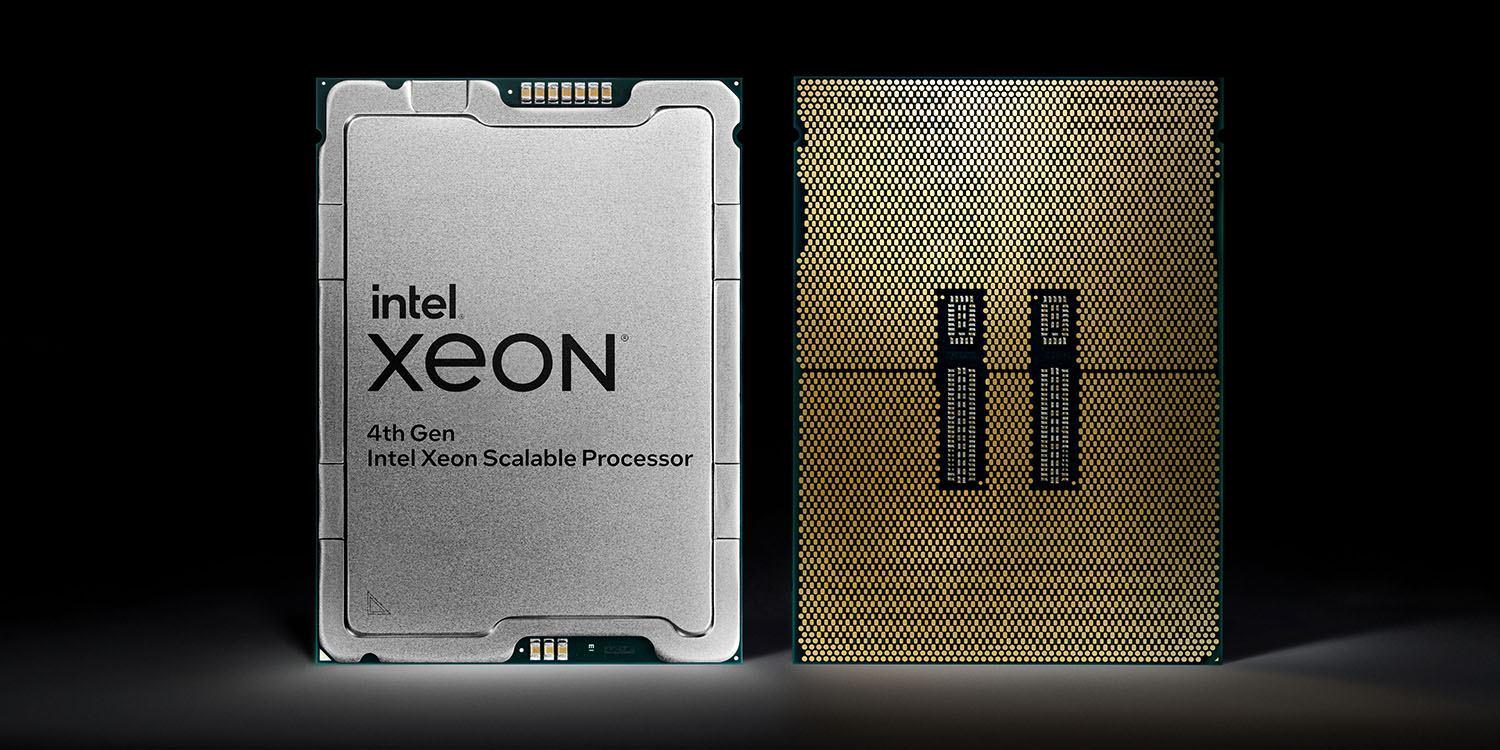
Intel has argued that, as a US company, it should get higher CHIPS Act subsidies than US chip plants owned by foreign companies like Apple chipmaker TSMC – even if its own plants sit empty.
TSMC, which is in line to receive subsidies for its Arizona plant, has hit back at the argument, stating that allocating cash by company HQ location would not be an efficient use of the money…
The CHIPS Act
The CHIPS Act is a $50B government investment intended to encourage both US and overseas companies to build chip fabrication plants in America, with particular focus on more advanced chips. The subsidy program has been described as “the biggest investment in US industrial policy in 50 years.”
The Taiwanese Semiconductor Manufacturing Company (TSMC) announced back in 2020 that it would be building a $12B chipmaking plant in Arizona. Construction of the main chip facility was completed in August, with production scheduled to begin in 2024.
Apple helped lobby for subsidies for the plant within the CHIPS Act framework, as the plant will make A-series and M-series chips for the company’s products – though not the latest ones.
Intel wants lower subsidies for Apple chipmaker TSMC
The New York Times reports that Intel is arguing for priority when it comes to handing out the cash.
In meetings with government officials and in a public filing, Intel has called into question how much taxpayer money should go to its competitors that have offshore headquarters, arguing that American innovations and other intellectual property could be funneled out of the country.
“Our I.P. is here, and that’s not insignificant,” said Allen Thompson, Intel’s vice president of U.S. government relations. “We are the U.S. champion.”
TSMC, naturally, disagrees.
TSMC, which has broken ground on a $40 billion investment in two advanced factories in Arizona, countered in its filing that “preferential treatment based on the location of a company’s headquarters” would not be an effective or efficient use of U.S. money.
The Taiwanese company has four arguments on its side.
First, TSMC makes the most advanced chips, with doubts that Intel can catch up. Given that the fund is supposed to prioritize the latest tech, that gives TSMC a strong case for priority.
Second, American-owned AMD supports TSMC’s position. That’s because the two companies are partners, and AMD has no confidence that Intel can meet its needs.
Third, TSMC makes advanced chips for the US military.
Finally, there are concerns that Intel may take the money and build plants… which then sit empty. AMD has lent its weight to the position that this would be a senseless waste of money.
“Any facility receiving federal assistance must be operational upon completion of construction,” AMD wrote. “A facility that sits idle or is held in reserve for demand increases should immediately forfeit any federal funds.”
Mr. Thompson of Intel declined to comment on the email. But he defended the “smart capital” strategy articulated by Patrick Gelsinger, Intel’s chief executive, which has stressed building factory shells and then investing to equip them in accordance with market demand.
Expect this argument to run for some time…
Image: Intel
FTC: We use income earning auto affiliate links. More.




